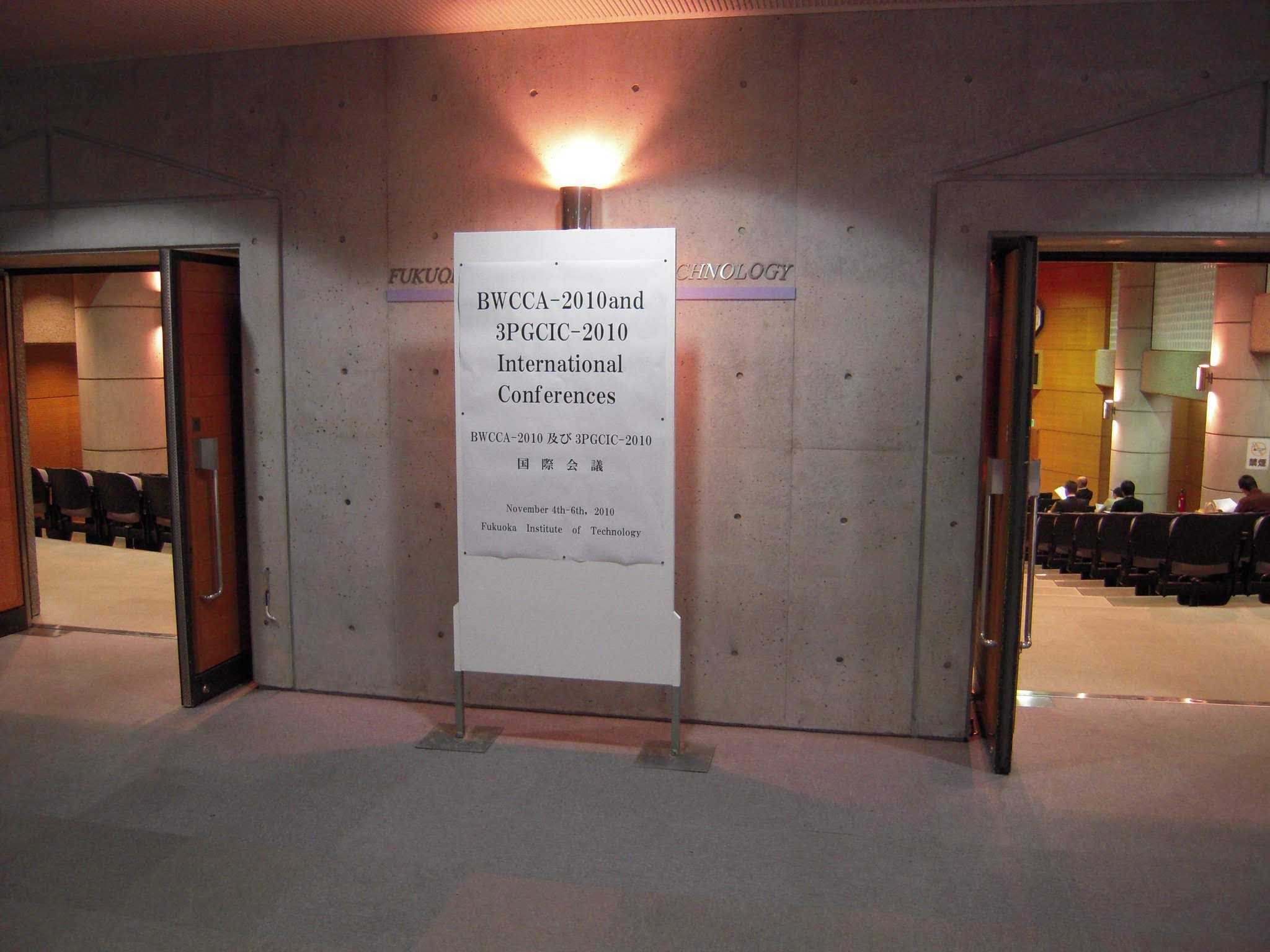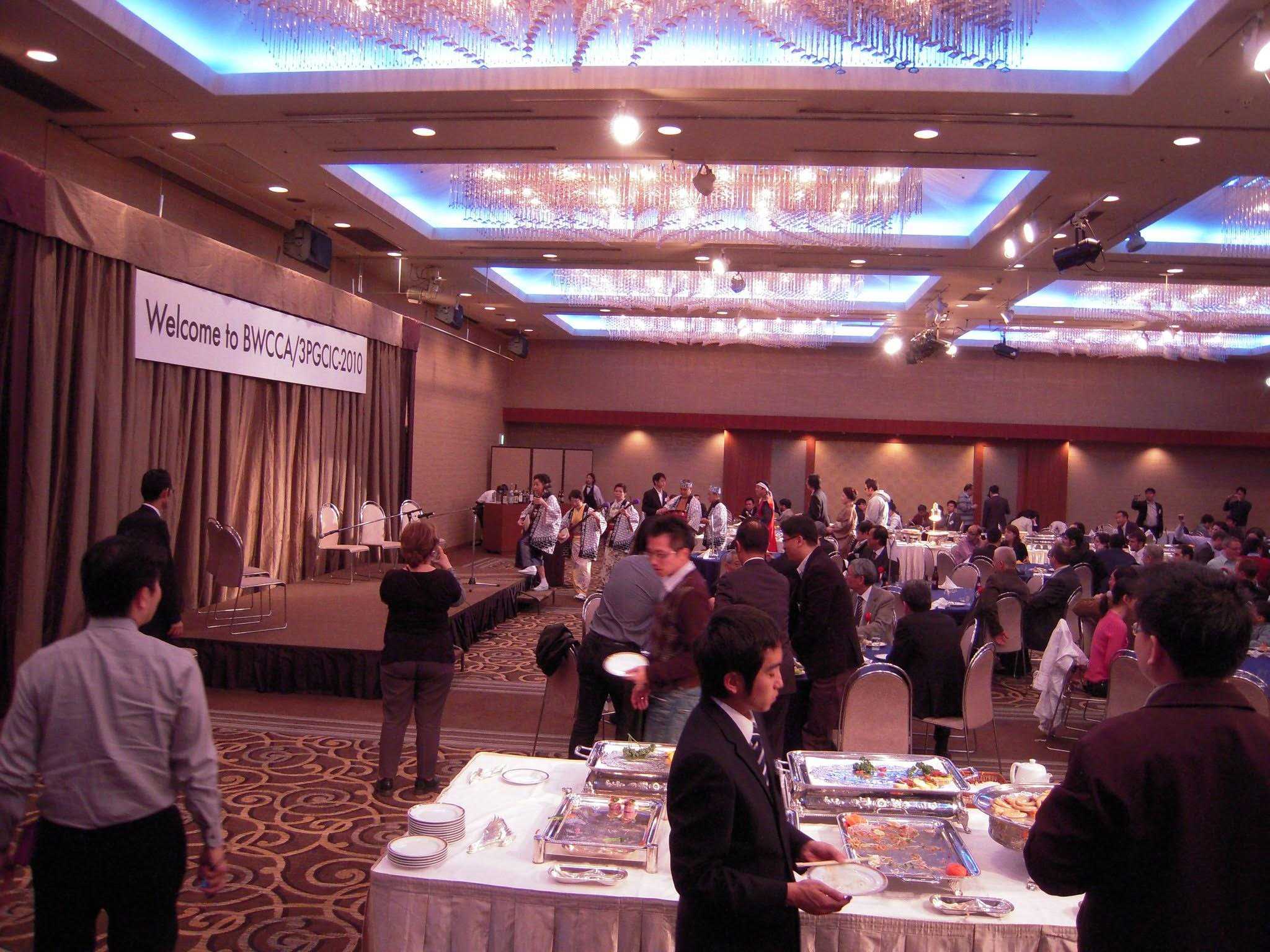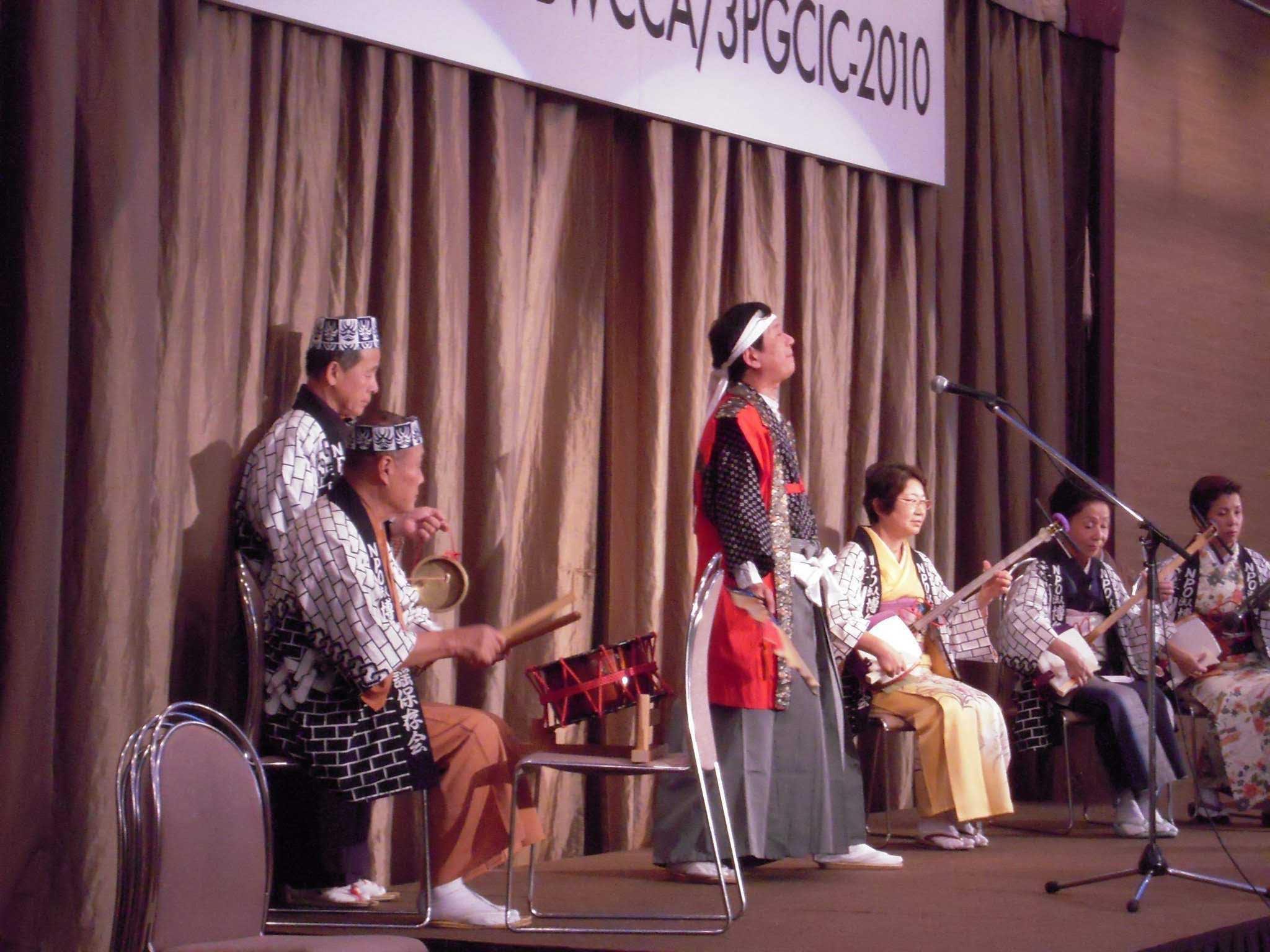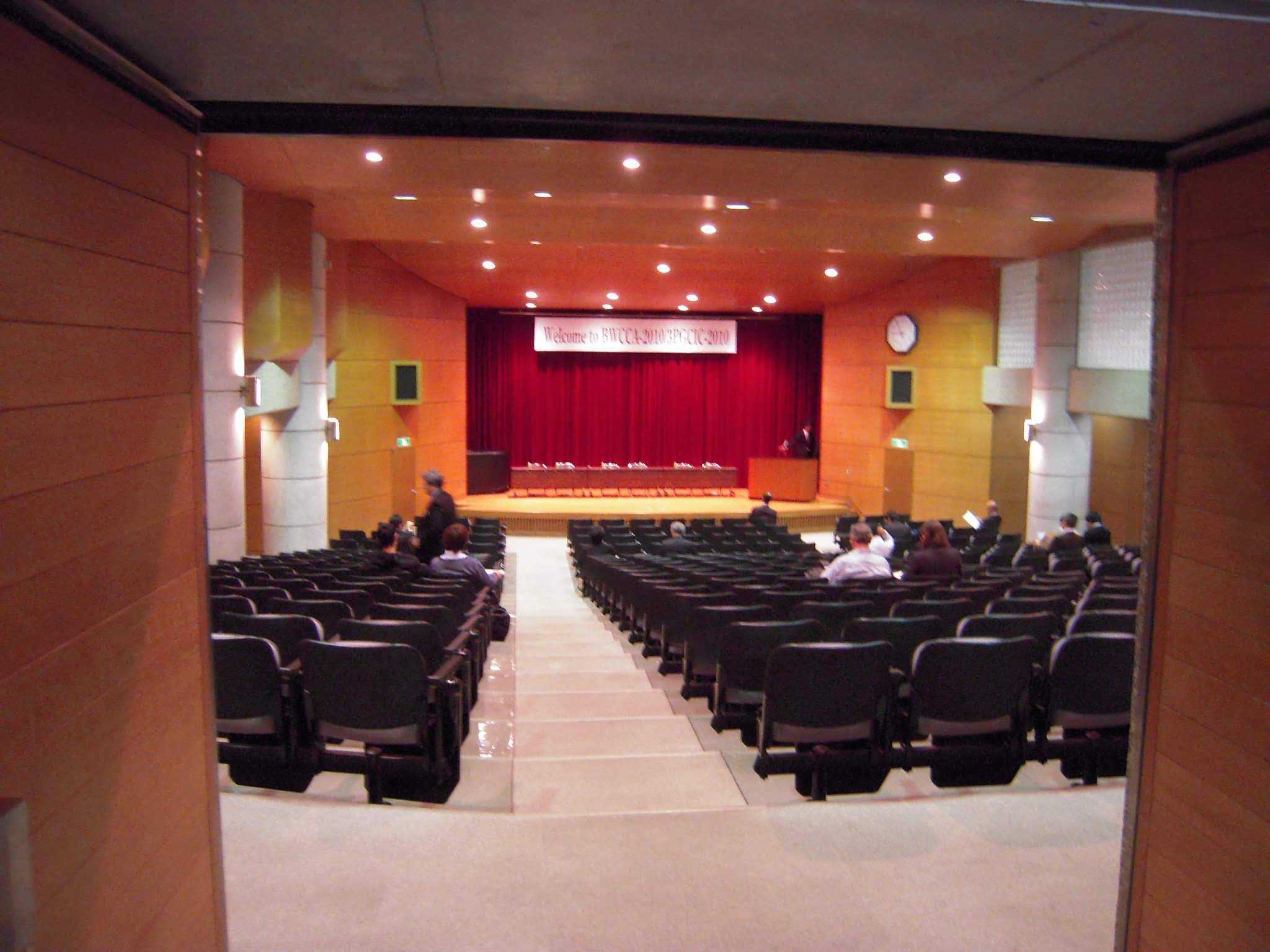Today I presented a recent paper on “Adaptive Mixed Bias Resource Allocation for Wireless Mesh Networks” at the BWCCA conference in Fukuoka Japan. The paper is authored by myself and Thabo Nkwe from the University of Guelph. The abstract is below:
Abstract:
In wireless networks, conditions may change rapidly and unpredictably. Often wireless networks are not designed to adapt to these changing conditions and perform poorly when they become congested. The multi-hop broadcast nature of wireless mesh networks amplifies the problem of poor wireless performance. Mixed bias scheduling has previously been applied successfully to wireless mesh networks however, it still suffers from similar problems when conditions change rapidly. In this work we propose an adaptive mixed bias (AMB) algorithm which uses a tabu search approach to change based on delay and dropped packets in the network. The proposed scheduling approach consists of three important algorithms, namely, the tabu search algorithm, move generation, and utility function. The adaptive mixed bias approach is compared against IEEE 802.11 and the non-adaptive mixed bias approach. The performance is evaluated using the packet delivery ratio and average end-to-end delay metrics.
Here are the slides from the talk: [BWCCA-NGWMN2010-final (pdf)](https://web.archive.org/web/20141205065742/http://www.jasonernst.com/wp-content/uploads/2010/11/BWCCA-NGWMN2010-final.pdf)
and here is the link to the pdf from the conference: [Adaptive Mixed Bias Resource Allocation for Wireless Mesh Networks (pdf)](https://web.archive.org/web/20141205065742/http://www.computer.org/portal/web/csdl/doi/10.1109/BWCCA.2010.144)





